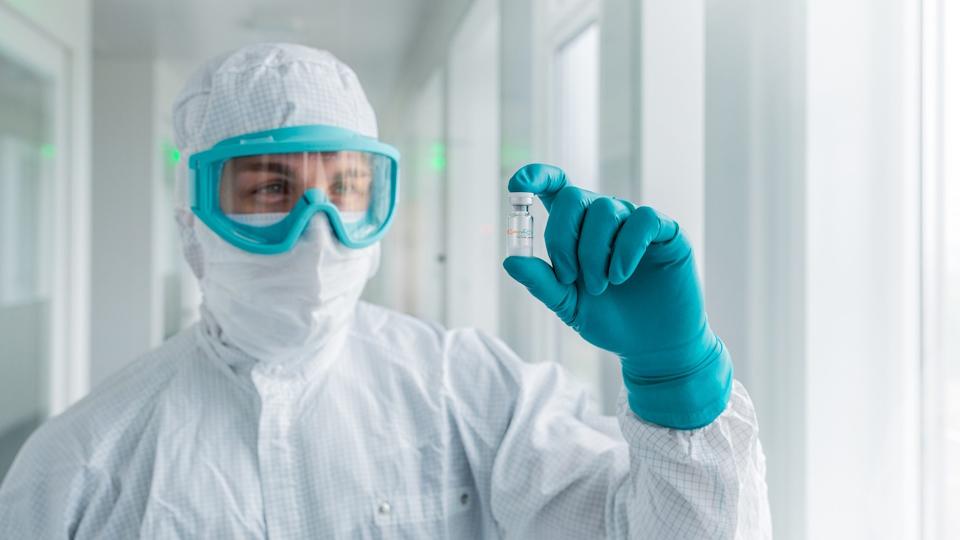GSK goes all-in on CureVac’s mRNA vaccines

GSK has upgraded its longstanding alliance with CureVac on mRNA-based vaccines for respiratory infections, paying €400 million ($429 million) upfront for global rights to its influenza and COVID-19 jabs.
The restructured agreement also includes an additional €1.05 billion in development, regulatory, and sales milestone payments that replace the earlier terms of the partnership, which was first unveiled in 2020 at the height of the COVID-19 pandemic.
The collaboration with the German biotech was ramped up a year later to focus on a COVID-19 shot that crashed and burned in a clinical trial, allowing rival vaccines from Pfizer/BioNTech and Modera to dominate the category.
Unperturbed, the two partners continued work on a second-generation COVID-19 shot that is in phase 2 testing, along with a seasonal influenza candidate also in phase 2 and one for avian influenza in phase 1. GSK said that the data so far suggests they could be “best-in-class” new vaccines that could “change the standard of care.”
“With this new agreement, we will apply GSK’s capabilities, partnerships, and intellectual property to CureVac’s technology, to deliver these promising vaccines at pace,” said the UK pharma group’s chief scientific officer, Tony Wood.
The new agreement comes at a time when GSK and CureVac have been at risk of falling behind in mRNA vaccines for respiratory diseases, with combined flu/COVID-19 candidates from Moderna and Pfizer/BioNTech already in or near phase 3 testing. Moderna reported phase 3 results with its vaccine last month.
Meanwhile, for CureVac, the deal provides a much-needed cash injection, coming alongside an announcement that it will slash its headcount by almost a third in an attempt to cut €25 million from its annual wages bill.
With GSK now taking on the respiratory infection vaccines, the biotech said it will now focus its attention on mRNA immunotherapies for cancer and other “selected” diseases.
It expects to deliver two or more clinical candidates by the end of next year and start at least two new phase 1 studies by the end of 2026, backed by cash on hand that it reckons will last into 2028.
Merck eyes deal with Afrigen Biologics
In other mRNA vaccine news today, Germany’s Merck KGaA revealed that it has signed a non-binding memorandum of understanding with South Africa-based Afrigen Biologics to support the development of an mRNA vaccine technology platform for low- and middle-income countries (LMICs) worldwide.
Afrigen was set up to provide “pharmaceutical sovereignty” for South Africa and drastically reduce production costs for mRNA vaccines and therapeutics, with the aim of improving the affordability and accessibility of medicines for cancer, infectious diseases, and more.
With Merck, the intention is to enhance its ability to manufacture mRNA drugs and scale up production. The effort will support an mRNA technology transfer initiative set up by the World Health Organization (WHO) and the Medicines Patent Pool (MPP), revolving around a central manufacturing hub in South Africa.













